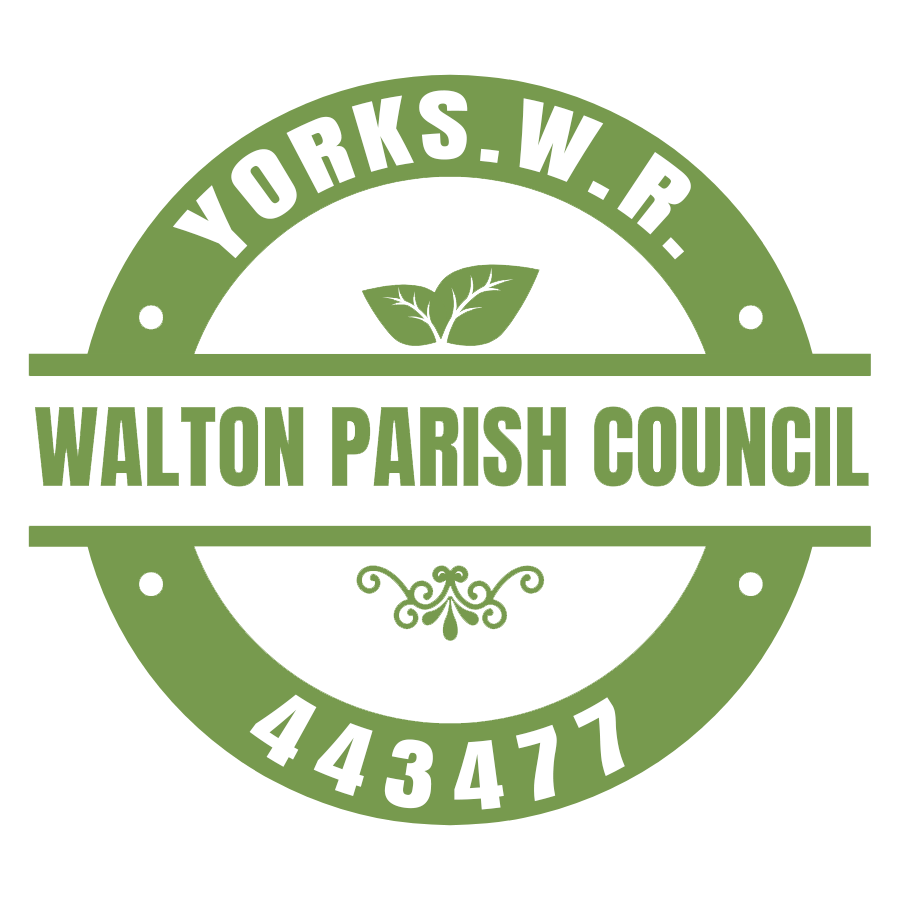Role of the Council
The role of the councillor is important because Parish Councils are the closest tier of local government to the people and as such are in control of many of the basic services that are taken for granted.
A councillor must have extensive knowledge of the requirements of the local residents, recognising the needs of the young and the elderly in equal measure while taking into consideration the legal boundaries in which they work.
To be eligible for election as a councillor a person must be over 18 years of age, a British subject, and be an elector for the area. Also, during the whole 12 months before nomination as a candidate, he or she must have occupied land as a tenant or owner in the parish (or within 3 miles of it) or have his or her principal or only place of work within the parish.
The number of councillors making up a Parish Council varies with the size of the parish. Their work is entirely voluntary; no councillor receives any payment for attending the meetings. Councillors are entitled to be reimbursed for expenditure incurred on Council business according to scales laid down by Leeds City Council.
Under our present system, local councillors have only limited control over how parishioners’ council tax money is spent. Their role is largely an advisory one in which they are consulted by and report to the Leeds Unitary Authority on local issues and if corrective action is needed on any matters concerning the economic, social and environmental well-being of village residents.
Other matters requiring action tend to be planning applications and problems associated with highways, (e.g. road and pavement surfaces, overgrown hedges, trees and verges, defective road signs and street lighting), plus traffic problems of parking or speeding. Every planning application is passed to the Parish Council for comment. With local knowledge, councillors are able to make meaningful suggestions that may not have been apparent to Leeds City Council planners.
Other topics requiring frequent attention are litter or other forms of environmental pollution, refuse, drainage systems and safety. Apart from attending the 2-monthly meetings most councillors accept additional specific responsibilities requiring them to attend other meetings often outside the parish. These tasks cover issues such as neighbourhood planning, crime prevention, environmental protection, special village projects, and liaison with Leeds City Council and with other communities.
The council meets in the Village Hall and the detailed agenda for each meeting is displayed on the Parish Council notice board for about three days before the start of the meeting and on this website. See ‘Agendas & Minutes’. The Parish Council does receive an income which is collected by Leeds City Council as part of the Council Tax which it controls directly.
This covers essential administrative costs, management of the greens and in addition allows the council to donate modest sums to worthy causes that it considers to be beneficial to the village community.
